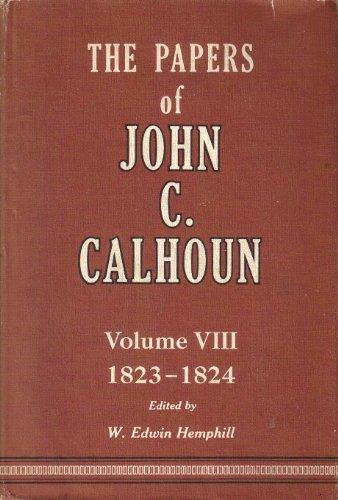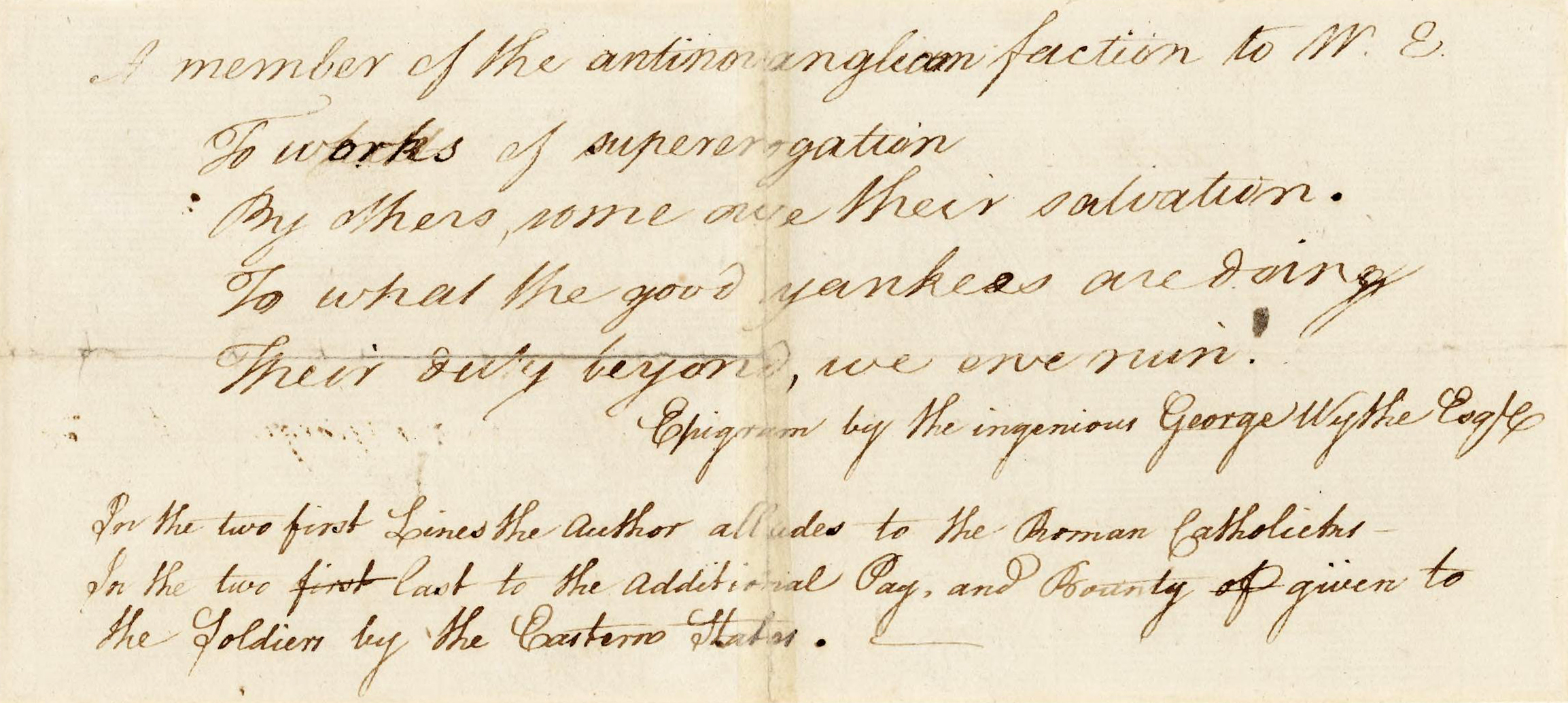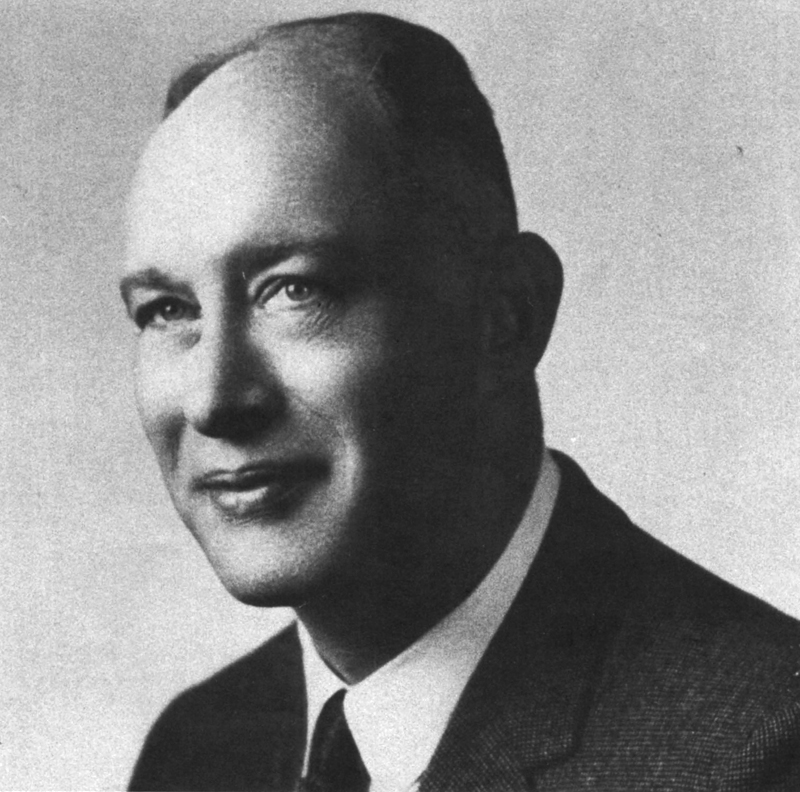W. Edwin Hemphill
Dr. William Edwin Hemphill (June 28, 1912 – September 4, 1983), was an American historian, teacher, editor, and archivist. Born in Willow Springs, North Carolina, "Ed" Hemphill earned an B.A. from Hampden-Sydney College in Virginia in 1932. In 1933, he received an M.A. from from Emory University, Atlanta, Georgia for his thesis, "George Wythe, America's First Law Professor."[1] In 1937 he was granted a Ph.D. from the University of Virginia, writing his dissertation on "George Wythe the Colonial Briton."[2] Hemphill was a founding member of the Society of American Archivists in 1936.[3]
Hemphill taught history at Hampden-Sydney College from 1934-1935; at Davidson College in North Carolina from 1937-1938; at the University of Virginia in 1938-1939; and at Emory University from 1940-1941. He was an assistant professor of history at Mary Washington College in Virginia from 1939-1940 and again from 1941-1944.[4]
From 1944-1945 Hemphill was assistant director of the Virginia World War II History Commission, and its director from 1946-1950. In 1947, he published Gold Star Honor Roll of Virginians in the Second World War. He began working at the Virginia State Library in Richmond in 1948 and served as the educational director of the library's history division from 1950-1959. During this time he edited Pursuits of War: The People of Albemarle County, Virginia, in the Second World War (1948), and wrote Aerial Gunner from Virginia: The Letters of Don Moody to His Family During 1944 (1950). Hemphill was the editor of the Virginia Library's local history journal, the Virginia Cavalcade Magazine, from 1950-1959. In 1957 he published (with Marvin Schlegel and S. E. Engelbery) Cavalier Commonwealth: History and Government of Virginia.[5]

In 1959, Hemphill became the editor for the South Carolina Archives Department, producing nine volumes of the Papers of John C. Calhoun (II-X) before his retirement in 1977. During his time as editor, he also published Extracts from the Journals of the Provincial Congresses of South Carolina, 1775-1776 (1960), Journals of the General Assembly and House of Representatives, 1776-1780 (1970), and Journals of the Privy Council, 1783-1789 (1971).[6]
Research on George Wythe
Dr. Hemphill's research into the life of George Wythe has made him the patron saint of Wythepedia. In the preface to his 1937 doctoral dissertation, Hemphill writes that his interest in Wythe began with an essay contest at Hampden-Sydney College in 1931, which gave him the idea that "George Wythe had a good a claim as any of his contemporaries in the golden age of Virginia leadership to the title of the 'Forgotten Man'." Originally intending to write a biography of Wythe's entire 80-year lifespan, Hemphill uncovered more material than he could fit into his master's thesis, which he then focused entirely on Wythe's time as Professor of Law & Police at the College of William & Mary. His dissertation four years later would only cover the first fifty years of Wythe's life, up to the time of the American Revolution.
Among Hemphill's discoveries while he was researching Wythe was the original 1806 testimony of witnesses taken for the murder and forgery trials of Wythe's nephew, George Wythe Sweeney — which had survived the Civil War in Richmond, Virginia (see Hustings Court Order and Minutes Books). Hemphill also uncovered an exchange of poems between Wythe and William Ellery of Rhode Island, written while both were serving in the Second Continental Congress in Philadelphia in 1776.

Hemphill's work forms the foundation for all the biographies of George Wythe which have been written since, including: Serene Patriot: A Life of George Wythe (1970), George Wythe of Williamsburg (1975), George Wythe: Teacher of Liberty (1979), and American Aristides: A Biography of George Wythe (1981).
Select bibliography
- "George Wythe: America's First Law Professor and the Teacher of Jefferson, Marshall and Clay," master's thesis, Emory University, 1933.
- "George Wythe the Colonial Briton: A Biographical Study of the Pre-Revolutionary Era in Virginia," PhD diss., University of Virginia, 1937.
- "The First Constitution of the Commonwealth," Virginia Cavalcade 1, no. 1 (Summer 1951), 44-47.
- "Thomas Jefferson and His Personal Property Taxes," Virginia Cavalcade 1, no. 4 (Spring 1952), 18-19.
- "Virginia Inaugurates Nominations by Caucus," Virginia Cavalcade 2, no. 1 (Summer 1952), 28-29.
- "George Wythe Courts the Muses: In Which, to the Astonishment of Everyone, That Silent, Selfless Pedant Is Found to Have Had a Sense of Humor," William and Mary Quarterly 3rd ser., 9, no. 3 (July 1952), 338-345.
- "The Symbolism of Our Seal," Virginia Cavalcade, 2, no. 3 (Winter 1952), 27–33.
- "In a Constant Struggle: How and Why Virginians Voted for Thomas Jefferson in 1800," Virginia Cavalcade 2, no. 4 (Spring 1953), 8-15.
- "Examinations of George Wythe Swinney for Forgery and Murder: A Documentary Essay," William and Mary Quarterly 3rd ser., 12, no. 4 (October 1955), 543-574; reprinted with Julian P. Boyd, "The Murder of George Wythe," in The Murder of George Wythe: Two Essays (Williamsburg, VA: Institute of Early American History and Culture, 1955).
- Elizabeth Dabney Coleman and W. Edwin Hemphill, "Founding Virginia's First College," Virginia Cavalcade 7, no. 1 (Summer 1957), 15-22.
- Review of George Wythe of Williamsburg by Joyce Blackburn, Virginia Magazine of History and Biography 84, no. 1 (January 1976), 110-111.
See also
- George Wythe Bibliography
- Hustings Court Minutes
- Hustings Court Order Book
- Poems on Witty Subjects in Congress
References
- ↑ W. Edwin Hemphill, "George Wythe: America's First Law Professor and the Teacher of Jefferson, Marshall and Clay," master's thesis, Emory University, 1933.
- ↑ Hemphill, "George Wythe the Colonial Briton: A Biographical Study of the Pre-Revolutionary Era in Virginia," PhD diss., University of Virginia, 1937.
- ↑ Charles H. Lesser and Wylma Anne Wates, "W. Edwin Hemphill" American Archivist 47, no. 1 (Winter 1984), 100-102.
- ↑ "W(illiam) Edwin Hemphill." Contemporary Authors Online. Detroit: Gale, 2002. Literature Resource Center. Web. 4 May 2016.
- ↑ Hampden-Sydney College, "Alumni in Recent Editions of Who's Who," Record of the Hampden-Sydney Alumni Association 36, no. 3 (April 1962), 16.
- ↑ Lesser and Wates, "W. Edwin Hemphill," 101.
